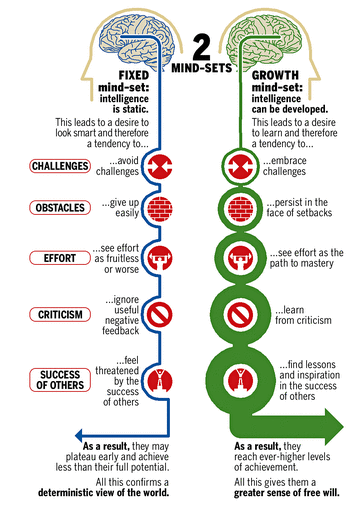Stop saying ‘You’re so smart!’ to your kids. Praise their effort, instead.

It is natural for us to praise kids for being smart or intelligent but did you know that it can affect their development negatively? Here’s how — when kids do well; we immediately extend a praise, often without a second thought. We can’t possibly be doing any harm, right? Our parents did it, we were not ‘harmed’ and so it must be a good practice to carry forward, or so we think.
Let’s think about it here for a second to find out why this practice can be harmful. Often times, praise motivate children to receive more praise. When labels such as ‘You’re so smart’ are used, it is very easy for the child to direct attention to looking good rather than learning. Study conducted by Stanford psychologist Carol Dweck show that placing focus on their intelligence may push them to embrace negative behaviors such as being concerned about failure which affects their self-esteem. Praising intelligence constantly can lead to dependence on feedback in order to proceed with a task which deters him from taking on challenges. He may not only lose interest in the activity, but his intrinsic motivation may disappear or decline. If his attention is set on getting praises, he is less likely to take risks which affect his development negatively. Those are common characteristics of fixed mindset. People with this mindset believe that abilities are fixed and cannot be developed.

Mindset – Carol S. Dweck, Ph.D. (Stanford Psychologist). Graphic by: Nigel Holmes
So what should be done if we are going to shift from praising intelligence, to focusing on effort or process? Let us ditch phrases such as ‘You are so smart’ and replace them with statements like “I love the way you did your very best in class” and “That’s an interesting picture you are working on. Can you tell me about it?”. Using this approach shifts the focus from intelligence to effort and abilities. Study shows that these statements help the child to take pride in their achievements because focus was given to the effort applied. If they ‘failed’ a task, using statements such as ‘even though it was challenging, I can tell that you tried your best’, lets them know you recognize that they tried. This is a big booster which motivates them to try instead of quitting. These are characteristics of growth mindset. Contrary to fixed mindset, people with growth mindset believe that abilities can be developed through hard work, good strategies, and mentorship.
In the high-tech industry, software developer professionals and engineers are problem solvers. They embrace challenges and learn from mistakes – they understand that setbacks are part of the process. The same can also be said for entrepreneurs and many other demanding professions. At Alpha Coding, we encourage students to keep trying in the face of setbacks, learn from mistakes and feedback, and realize that efforts matter.
We all want our kids to feel encouraged and motivated. It is natural for us to get excited because we are genuinely proud and happy for them. Shifting from intelligence praise to focusing on effort may not happen overnight; therefore, the change will take some deliberate effort. So what’s the plan going forward? Don’t be so quick to focus on intelligence, instead, pause then connect by directing attention to their effort. This will lead to a desire to learn, embrace challenges, persist from obstacles/setbacks, see effort as the path to mastery, learn from criticism, and find lessons and inspirations in the success of others.

Leave a Reply